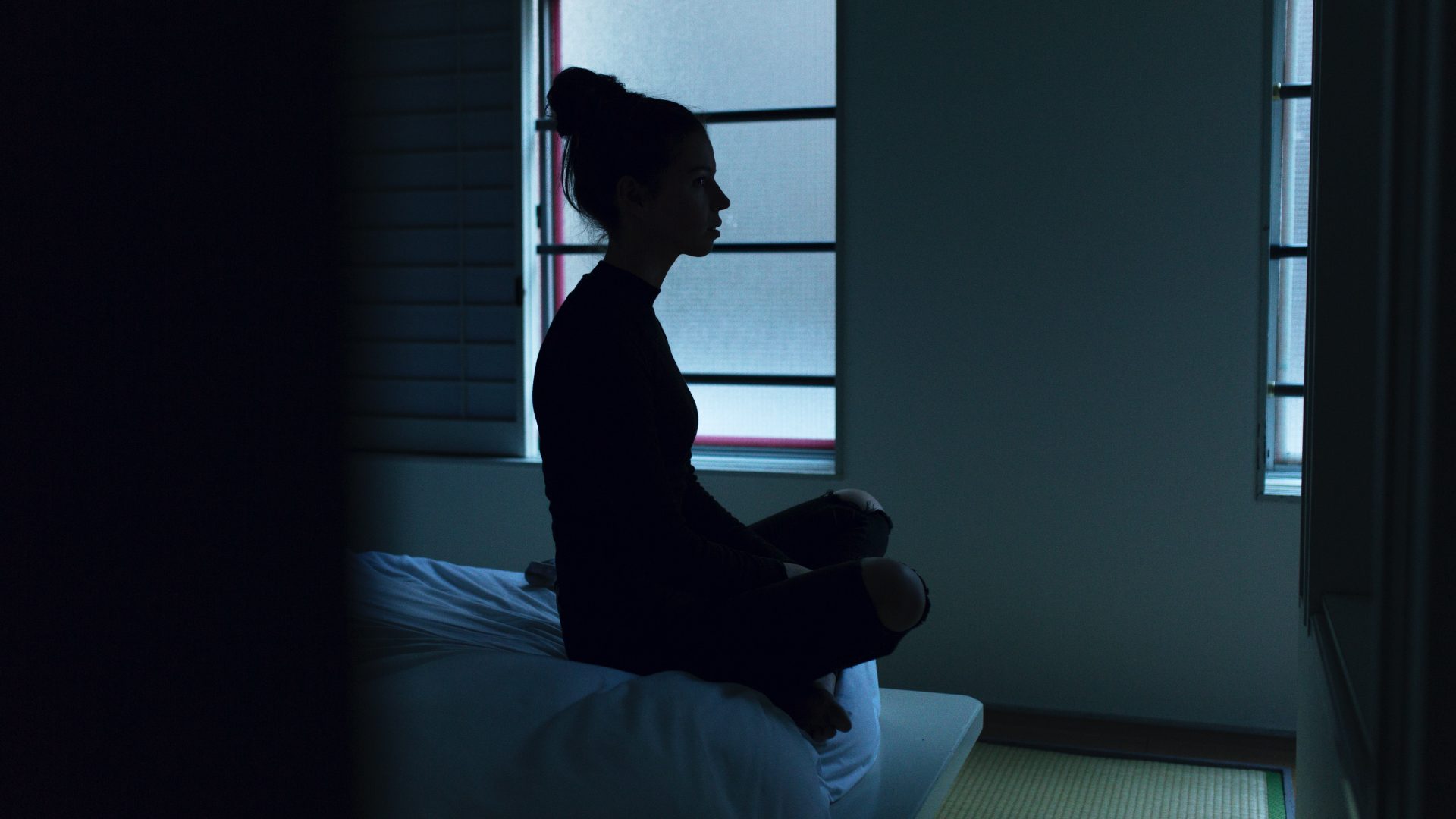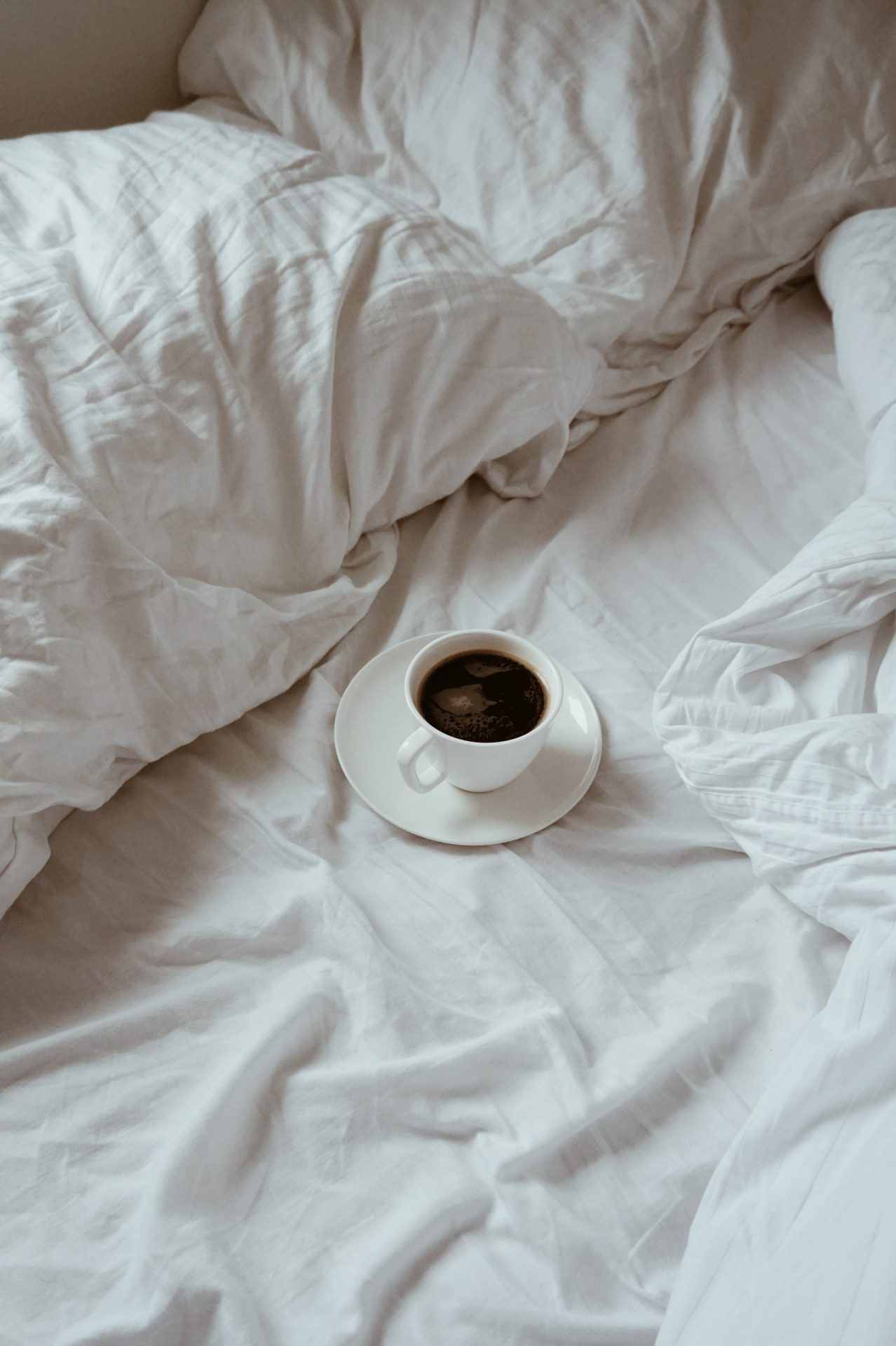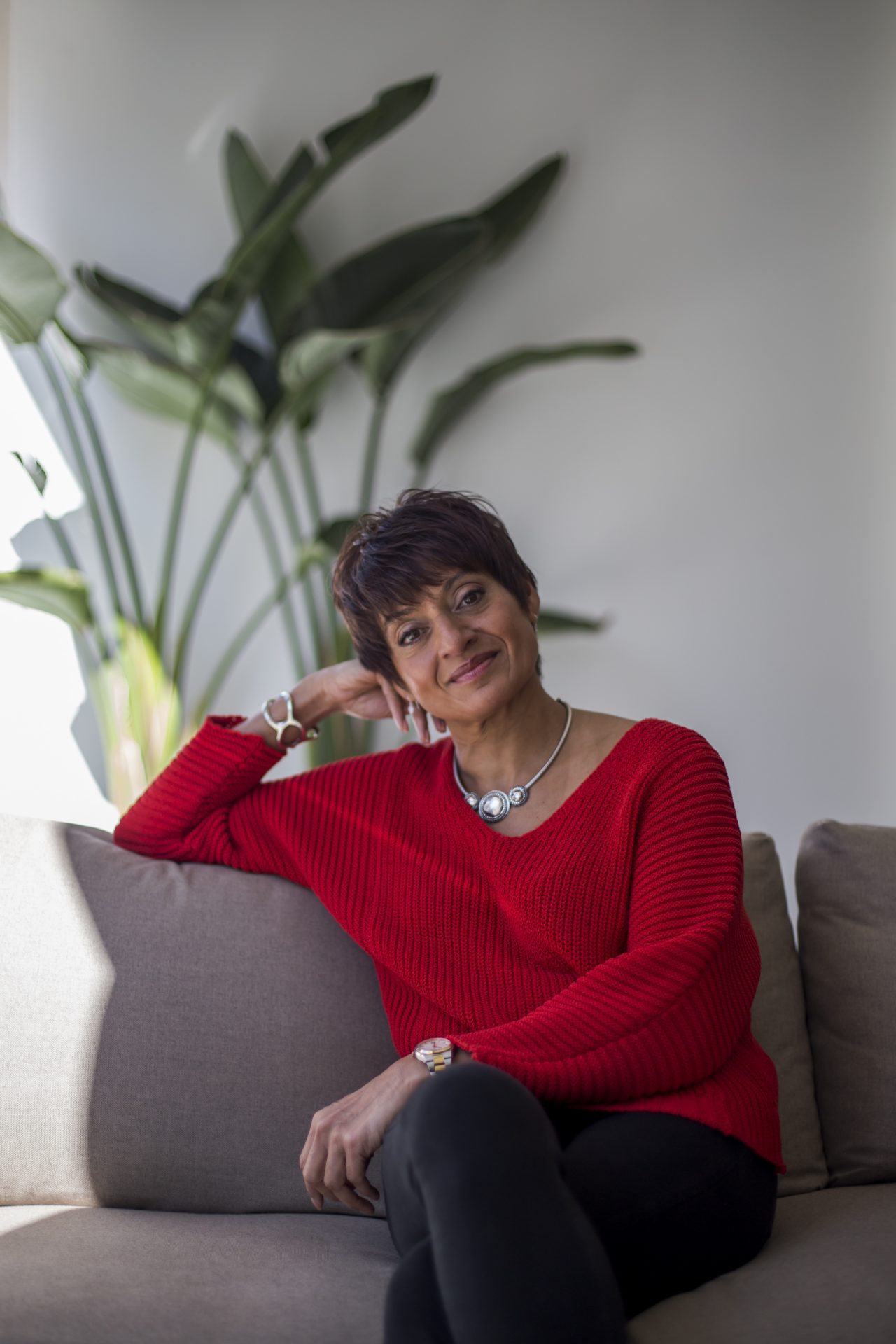Welcome to Stylist’s Sleep Diaries, where we’re taking a deep-dive into one of the most important (and elusive) factors in our day-to-day lives: sleep. To help us understand more about it, we’re inviting women to track their bedtime routines over a five-day period – and presenting these diaries to sleep expert Dr Nerina Ramlakhan for analysis.
In this week’s Sleep Diaries, a 52-year-old head of business development wonders what she can do to ease her exhaustion cycle – and wonders if her morning coffee could be to blame.
A little about me:
Age: 52
Occupation: head of business development (music industry)
Number of hours sleep you get each night: 6-9 hours
Number of hours sleep you wish you got each night: 8 solid hours
Do you have any sleep conditions: I often have nightmares
How much water you drink on average per day: at least 8 glasses
How much exercise I do on average per week: 20-30 minutes per day
Day 1
I take myself for a 30-minute walk this afternoon. It’s another Saturday in lockdown, which means it’s time for my virtual poker night on Zoom (a social calendar highlight!). First, though, I eat a bowl of gluten-free gnocchi with homemade tomato sauce, which I wash down with lots of water and orange juice.
The game starts around 8.30pm, and I watch NFL while playing. We finish around midnight, and I watch TV for 45 minutes afterwards.
I read in bed with low lighting until I feel sleepy, but when my head hits the pillow I struggle to nod off for ages. When I eventually do, I have incredibly disrupted sleep and disturbing dreams, and wake several times tossing and turning.
I try a few relaxation techniques to help me get back to sleep (mainly breathing exercises and an internal mantra of ‘nice and relaxed and calm in bed’), but it only starts to work in the early hours of the morning.

Day 2
My alarm goes off at 10am, but I don’t drag myself out of bed until around 10.30am. I’m feeling physically exhausted, so I make myself a strong coffee to drink in bed with my husband.
I’m not drinking and have given up smoking cannabis (which I had been using as a sleep aid) this month, so I think my body/brain is still trying to readjust to a ‘natural’ sleep pattern. It’s not yet happened, sadly. I’m also a bit anxious about my job; I’m not enjoying it at all at the moment, and want to leave.
I make sure to eat a healthy vegetarian Indian takeaway tonight, and drink lots of water. Afterwards, I settle in front of the TV to watch NFL. I still feel very energetic, and don’t start to get tired until gone midnight – about an hour later than my ideal bedtime.
I don’t want to force myself to sleep and fail, so I take a book to bed with me to read. In the end, though, I can’t concentrate and end up curling up quietly instead.
Tomorrow will be my first day back to work after a week off sick, and I’m slightly dreading it. Eventually, I fall asleep – and even though I wake up about three or four times in the night (I blame the vivid dreams), I manage to get back to sleep easily each time.
You may also like
“How much sleep do I need if I’m trying to get pregnant?” A sleep expert answers your questions
Day 3
I feel physically exhausted when my alarm goes off. To help me out, my husband makes coffee and, after two cups, my brain finally starts working. I get to my desk at around 11am and work through until the evening.
I have a nice Zoom call with a friend until about 9.30pm, then settle down with my husband and we eat a homecooked dinner. As we’re eating a little later than usual (about 10.30pm) I rest on the sofa afterwards watching TV to give my food time to digest.
I manage to stop using all devices from 11pm, in a bid to prevent too much blue light. I’m not in bed until after midnight, and it still takes a while to get to sleep. I wake up a couple of times in the night, but it feels better than yesterday.

Day 4
I feel a little less exhausted when my alarm goes off, and manage to get up by 8.30am to make coffee (which I drink in bed). I start work later today, after mid-morning, when my brain is feeling more awake.
I’m full of energy until my last work call ends at 8pm, then exhaustion takes hold. I watch a football match while lying on sofa, heat up some leftover takeaway and leftover vegetable chilli, and eat it in front of the TV.
I’m almost asleep by 10pm, but I wake up again and watch more TV as I have a ‘second wind’ and want to keep my hubby company.
Finally, it’s time for bed around 00.15am, and I sleep through all the way until 7am. I hope that this is the start of getting into a more normal sleep pattern again.
You may also like
Porridge recipes: 8 ways to pimp your oats this winter
Day 5
I’m still very tired and slow in the morning, and suffering with a bad stomach, so I start work late morning. I finish up work calls by 8pm, and relax watching the news with hubby on the sofa.
We’re both too tired to cook, so we order in a healthy takeaway of avocado gluten-free wraps and polenta bites, which we scoff much too too fast – so fast, in fact, that I end up with a stomach ache, which I have to ease before going to bed.
I resist using devices, and the endless social media scroll, and end up in bed around 00.30am. I manage to sleep through until my 7.30am alarm, which feels like a triumph! Especially as… well, I wasn’t having nightmares exactly, but I experience a lot of job-related anxiety dreams, as I am building up to another difficult conversation with my boss.
I’m starting to feel less exhausted in the mornings, though, and much less headachey. But I still need two strong coffees and a couple of hours to get my head into working, so…
So, what does it all mean? A sleep expert offers her thoughts
Dr Nerina Ramlakhan, sleep expert and professional physiologist, says: You need my entire sleep programme, starting with my five non-negotiable rules.
These are:
- Eat breakfast within 30 mins of rising, and make sure to include some protein. It doesn’t have to be big; even a piece of toast with nut butter is enough!
- Cut back on caffeine and stop using it as a substitute for food, especially for breakfast. No caffeine after 3pm and ideally no more than two coffees a day.
- Increase hydration to two litres of water per day.
- Get yourself to bed earlier at least four nights a week. You want to be in bed around 9.30-10pm, and aim to be relaxing, reading, meditating. Do not use any electronic devices.
- And on that note… keep electronic devices out of the bedroom!

Dr Nerina continues: You’re really in a fatigue cycle, and clearly using caffeine to get your energy levels up and then cannabis to help you wind down (although I know you’re off it at the moment).
You need to break this cycle with breakfast in the morning instead of coffee – this is just keeping you stuck in survival (and exhaustion) mode. Studies have shown that the body rapidly absorbs caffeine (around 99% within 45 minutes of consumption) and, once the body fully metabolises the caffeine, its effects will wear off, which can cause sleepiness.
Try to aim for more exercise, earlier evening meals, healthier boundaries with your electronic devices and earlier nights, as this will help to prime your physiology so that you’re producing more melatonin in the evenings and finding it easier to get to sleep and stay asleep.
I really hope you make some changes because while you’re this tired it will be harder for you to get out of your work rut. We need good energy to make big changes in our lives. Better routines and self-care habits might just help you to tap into the inspiration you need to work out what you want to do professionally.
If you would like to take part in Stylist’s Sleep Diaries, please email us at [email protected] with ‘SLEEP DIARIES’ as the subject. We look forward to hearing from you.
Want more practical advice on how to achieve better sleep? On World Sleep Day (Friday 19 March), we will be hosting The Stylist Restival – a part sleep spa, part workshop. Tickets include four live sessions, one month free of Clementine, the all-new sleep app; plus a downloadable sleep guide. Book your place here.
Lead image design: Ami O’Callaghan
Images: Getty/Unsplash/Ben Blennerhassett/Taisiia Shestopal
Source: Read Full Article